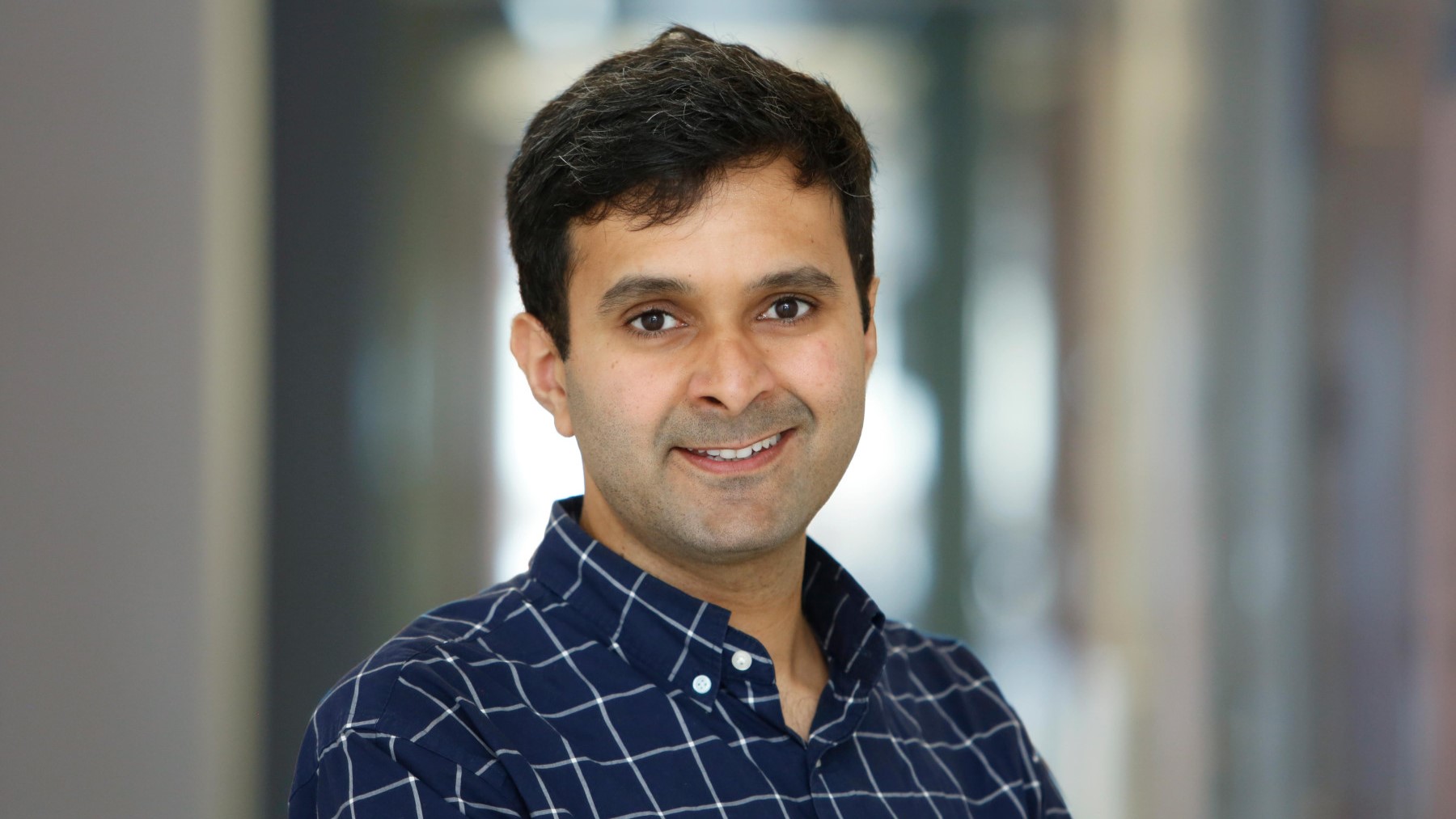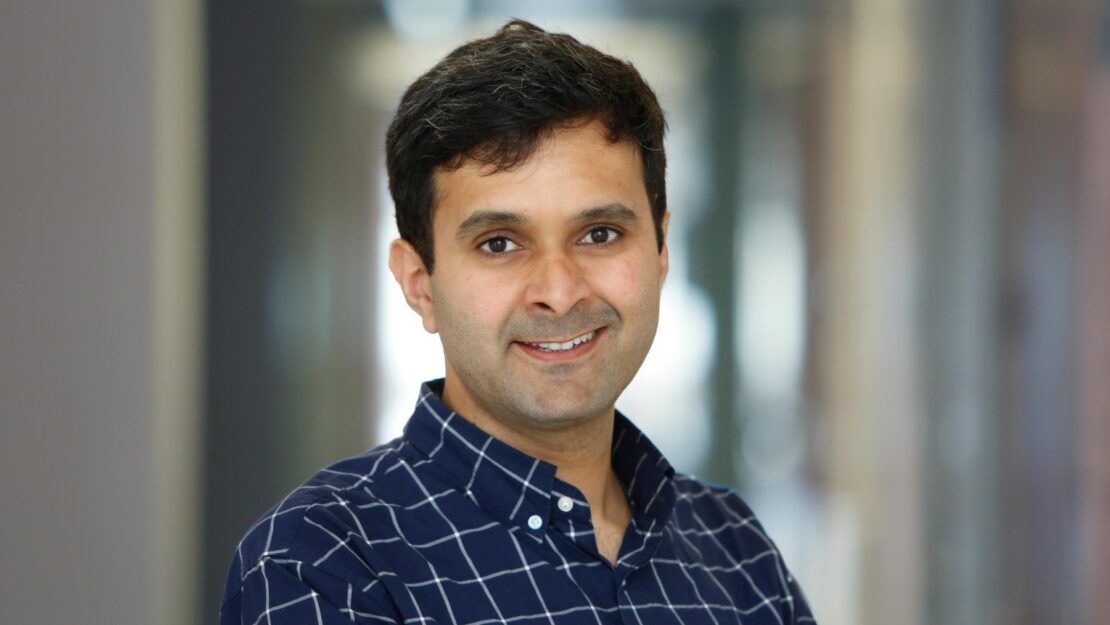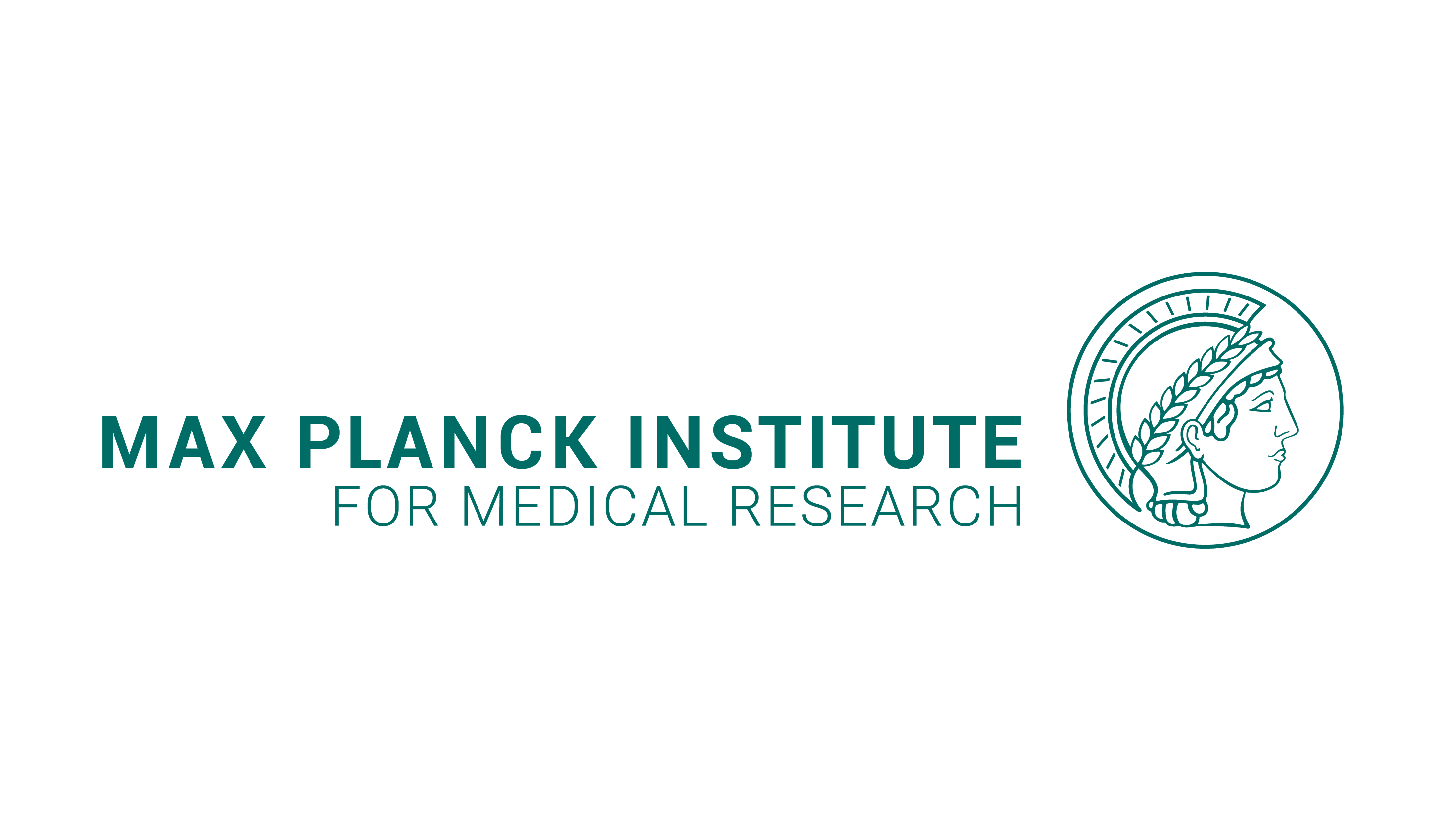Life Sciences Bridge Award for Dr Vivek Thacker

Every year, more than a million people die from tuberculosis. To date, there is no effective vaccination against the pathogen, and treatment is also lengthy and difficult due to increasing multiple resistances. As the bacterium Mycobacterium tuberculosis manages to defy both the immune system and antibiotic treatment, Dr. Vivek Thacker, group leader at the Medical Faculty Heidelberg of Heidelberg University and at the Center for Infectious Diseases at the Heidelberg University Hospital, tackling this challenge. To pave the way for Thacker to a permanent professorship and to support his further research, the Aventis Foundation is awarding him a Life Sciences Bridge Award. With 100,000 euros, this is one of the most highly endowed prizes for young researchers in the life sciences in Germany.

Worldwide, one in three people carries the tuberculosis bacterium, usually without becoming ill. The World Health Organization estimates that around 10.6 million people were infected with tuberculosis in 2022, most of them in South and Southeast Asia and Africa. Around 1.3 million people died from it. The fact that these figures have hardly changed in decades is mainly due to inadequate health care and a lack of resources: “Unfortunately, tuberculosis research rarely has access to the latest technologies,” says Dr. Vivek Thacker.
Simulation of infection on a chip
One such technology is the Lung-on-a- Chip (LoC ) system. Using a porous and stretchable membrane, it makes it possible to simulate the breathing process in an alveoli. The top of the membrane is coated with epithelial cells over which air flows, and the bottom with endothelial cells under which a blood-like fluid flows. This biochip can therefore be used to simulate what happens at the interface between the alveoli and the capillaries (tiny vessels) surrounding them. Thacker succeeded in making this system, developed at the Wyss Institute at Harvard University, usable for tuberculosis research. This enabled him to spatially and temporally reproduce the interaction of tuberculosis bacteria with their host cells during breathing, meaning he could directly observe the very first moments of a tuberculosis infection. This enabled him to show why tuberculosis bacteria form long strands: they bind the cell nucleus of infected macrophages (phagocytes of the immune system) and thereby suppress their immune response. This means that the pathogens remain hidden in the body on the one hand, and evade the immune system and antibiotics on the other.
With the modified LoC system, Thacker was also able to confirm the important protective function of surfactant, a special substance that reduces the surface tension between air and the lining of the alveoli and is important for functioning breathing. The amount of surfactant produced in specialized cells in the lungs is crucial for how well the initial growth of tuberculosis bacteria can be controlled. If the protective substance is lacking, as is often the case with smokers, the lung cells are more susceptible to infection.
From India via England and the USA to Heidelberg
The Aventis Foundation recognizes Thacker’s interdisciplinary development of technology and the knowledge gained from it. “His research can lead to new therapeutic approaches to this terrible disease,” says Prof. Dr. Werner Müller-Esterl, chairman of the Life Sciences Bridge Award jury. “With this award, we want to help him bridge the gap to a permanent professorship.”
Vivek Thacker grew up in India, where tuberculosis is particularly common. At the University of Cambridge in England, he specialized in physics in the Natural Sciences Tripos course, which he then studied in more depth at the Massachusetts Institute of Technology in Cambridge/USA. Back in England, he completed his doctorate on a topic in biophysics and then joined John McKinney ‘s tuberculosis research group at the École Polytechnique Fédérale in Lausanne/Switzerland. Since October 2023, the 35-year-old has headed his own research group in the Medical Microbiology and Hygiene section at the Center for Infectious Diseases at Heidelberg University Hospital. There, Thacker researches tuberculosis bacteria in a high-security laboratory and is enthusiastic about the state-of-the-art equipment at the Medical Faculty Heidelberg and Heidelberg University Hospital.
Goal: More effective therapies against tuberculosis
Now he wants to find out exactly which rules the tuberculosis bacteria use to link together in a strand. “If we know that, we can separate them more easily and thus make them more accessible to antibiotics.” To do this, he is using the latest imaging techniques at Heidelberg University. His goal is to help find more effective therapies for tuberculosis.
The Life Sciences Bridge Award of the Aventis Foundation annually honors up to three outstanding young scientists from the life sciences who are conducting research at a German university. The research prize has been awarded since 2019 by the Aventis Foundation , an independent, non-profit foundation based in Frankfurt am Main. It has been supporting art and culture as well as science, research and teaching since 1996.




